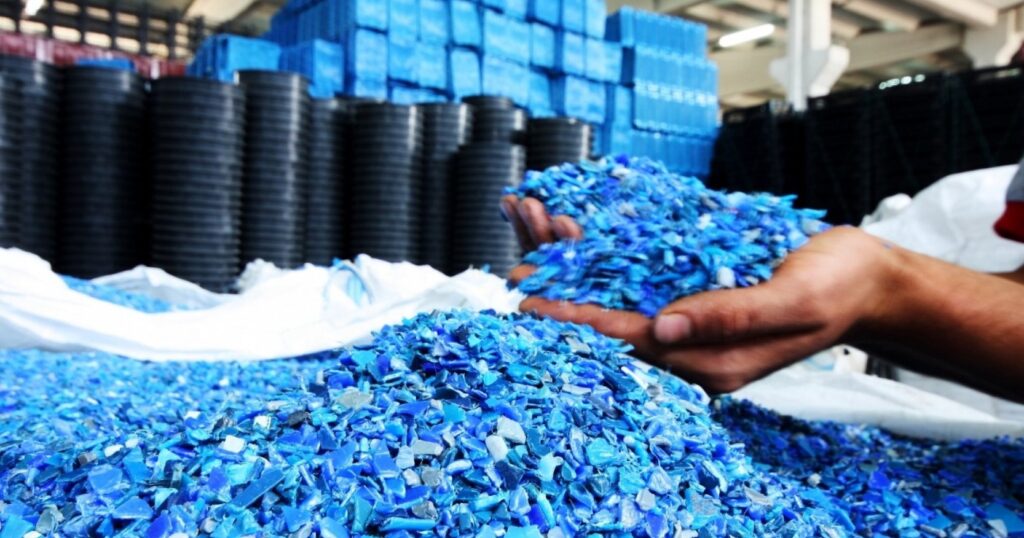An important sector that makes a substantial contribution to the expansion of the Indian economy is the plastics industry. There are, however, issues that are particular to India and widespread worldwide. In this essay, we examine some of the main hurdles that India’s plastic producers must overcome and how they might seize these chances by implementing sustainable practices. Read More Business News on our website.

Observance of laws and rules
Complex restrictions on plastic quality requirements, recycling, disposal, and environmental impact apply to plastic makers in India. For small producers who lack the means to manage their waste properly, compliance with these laws can be very challenging. But for the industry to have a viable future, stringent compliance is necessary.
Environmental Issues
In India, the problem of plastic pollution is getting more attention since incorrect disposal causes the ecosystem to deteriorate. Manufacturers of plastic are under increasing pressure to adopt sustainable practises and look into environmentally acceptable alternatives to traditional plastics. The sector can greatly aid in the fight against plastic pollution by making investments in R&D.
Price of Raw Materials
Plastic producers face a constant struggle due to the fluctuating cost of raw materials like petrochemicals, which has an effect on their profitability. Particularly smaller manufacturers have a hard time absorbing rapid price increases. The industry should look into joint ventures with raw material suppliers and make investments in effective inventory management systems to handle this.
Technology and Infrastructure
The plastic manufacturing sector in India is made up of a variety of businesses with varied levels of access to contemporary infrastructure and technology. Larger businesses may have an edge, but smaller producers must concentrate on modernising their facilities to increase productivity and product quality. Levelling the playing field involves embracing automation and cutting-edge technologies.
Market with Competition
There are several firms competing for market share in the extremely competitive Indian plastic business. Manufacturers must prioritise innovation in this environment and provide affordable solutions to be competitive. Businesses can set themselves apart from the competition by recognising specialty markets and client needs.
Waste Management and Recycling
Demand for recycled and recyclable plastics is rising as environmental sustainability becomes a more important concern. The obstacles of adopting effective recycling procedures and locating markets for recovered plastic products must be addressed by manufacturers. Partnerships with recycling facilities and infrastructure investments can be beneficial moves.
Insufficient Knowledge and Education
It is essential to inform industry and consumers about how plastic affects the environment. Plastic producers can take the lead in advocating greener options and actively participating in awareness initiatives to shift public perception. The industry can affect good change by encouraging a sense of obligation to the environment.
Problems with logistics and supply chains
The broad geographic area and variety of markets in India present logistical difficulties for the plastics industry, particularly with regard to distribution and transportation. For the purpose of streamlining operations and removing logistical bottlenecks, manufacturers should investigate strategic alliances and make significant supply chain management investments.
Perception and Image in the Public
Plastic industry faces a reputational difficulty due to the unfavourable public opinion of the material, which is mostly a result of its connection to pollution and environmental impact. Plastic producers may remodel their image and win public support by showcasing a dedication to sustainable practises and ethical waste management.
